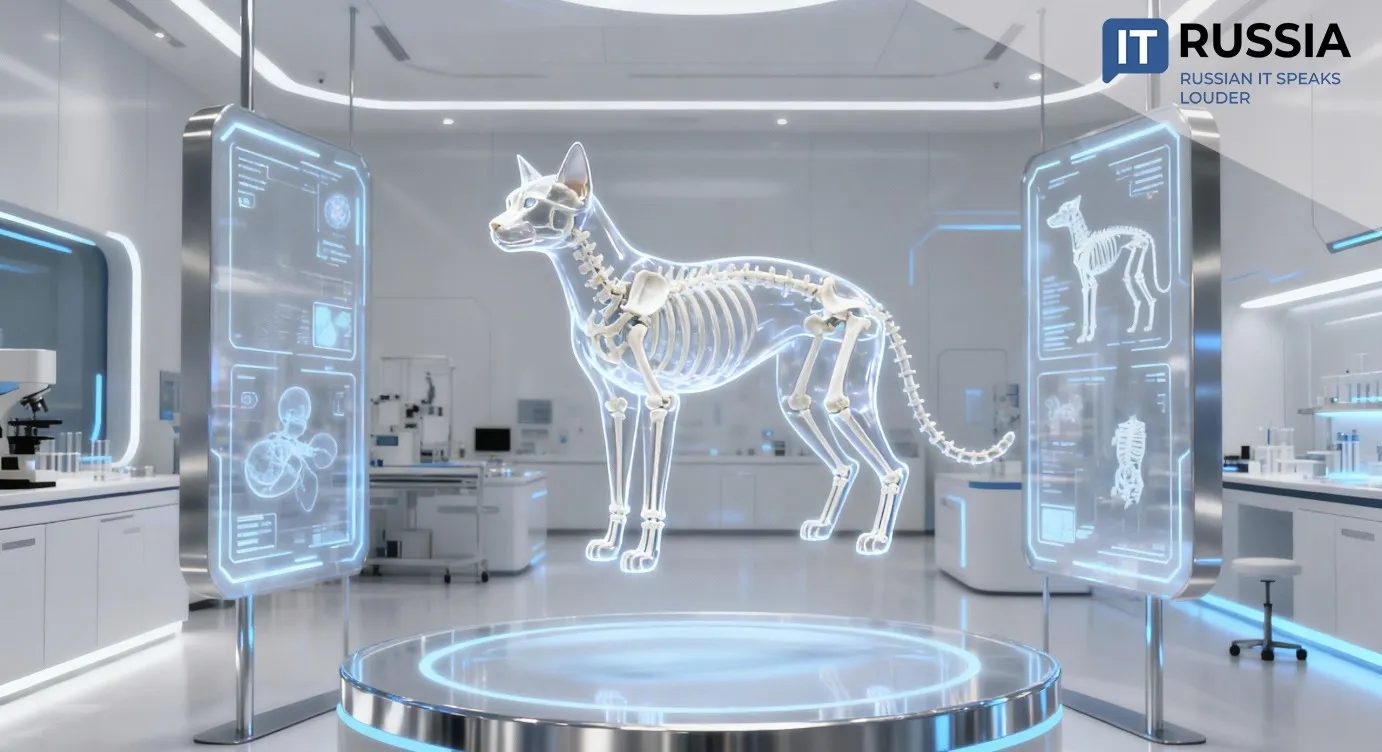Russian Medical AI Outperforms Microsoft in Diagnostic Accuracy

A new medical AI developed in Russia has surpassed Microsoft’s system in clinical accuracy, achieving 93% success in disease identification and opening doors for global healthcare transformation
Clinical Precision, Locally Built
Developed by the Artificial Intelligence Research Institute (AIRI), Russia’s latest medical AI assistant is based on the GigaChat neural model and has outperformed Microsoft’s MAI DxO diagnostic system. AIRI’s assistant achieved 93% accuracy in disease identification during testing, compared to Microsoft’s 85%.
The AI was tested using real clinical cases published in the New England Journal of Medicine. Starting with only basic patient information—age, sex, and symptoms—the system proceeded in a simulated conversation to ask for test results, imaging, and consults to build a diagnosis.

On average, the AI required just three steps to identify the correct diagnosis, demonstrating high efficiency and accuracy. It handled both common and rare conditions, including Whipple’s disease, aceruloplasminemia, and methemoglobinemia—challenging even for experienced physicians.
Scaling AI to Solve Healthcare Gaps
The AI assistant has already been used over 160,000 times via the 'SberHealth' platform, indicating growing trust and utility. By supporting physicians in rare disease recognition and complex diagnostics, the system promises to increase diagnostic confidence and reduce healthcare costs.
The AI supports multimodal architecture and multi-agent systems, allowing it to adapt hypotheses, request additional data, and account for patient emotional context. This creates a cooperative workflow between AI and physician that reduces misdiagnosis risk and enhances care quality.
The current pilot program, integrated into a consumer-facing health app, is set to expand. Plans include integration with clinical simulators and physician training platforms—strengthening medical education and real-time diagnostics.
With lower barriers to entry and rapid scalability, this technology holds promise not only in Russia but also in countries with strained medical infrastructure. Fast, accurate diagnostics can transform care in regions lacking specialist access.

From Pilot to Global Platform
This breakthrough is a result of sustained national investment in AI and healthcare. Since 2024, Russia has launched projects in prenatal diagnostics, ophthalmology, dentistry, and neurodegenerative disorders using AI. Key players include SberHealth and Yandex Cloud, both of which are heavily backing medical AI solutions.
With 93% accuracy in the pilot phase, researchers remain cautiously optimistic. Validation with larger datasets and international certification (EMA, FDA) are next steps for global rollout.

In the next 1–3 years, regional pilot programs across Russia will support implementation. If validated further, this Russian AI could become a scalable healthcare solution globally—empowering clinicians, saving lives, and raising Russia’s profile as a scientific leader in health tech.










































